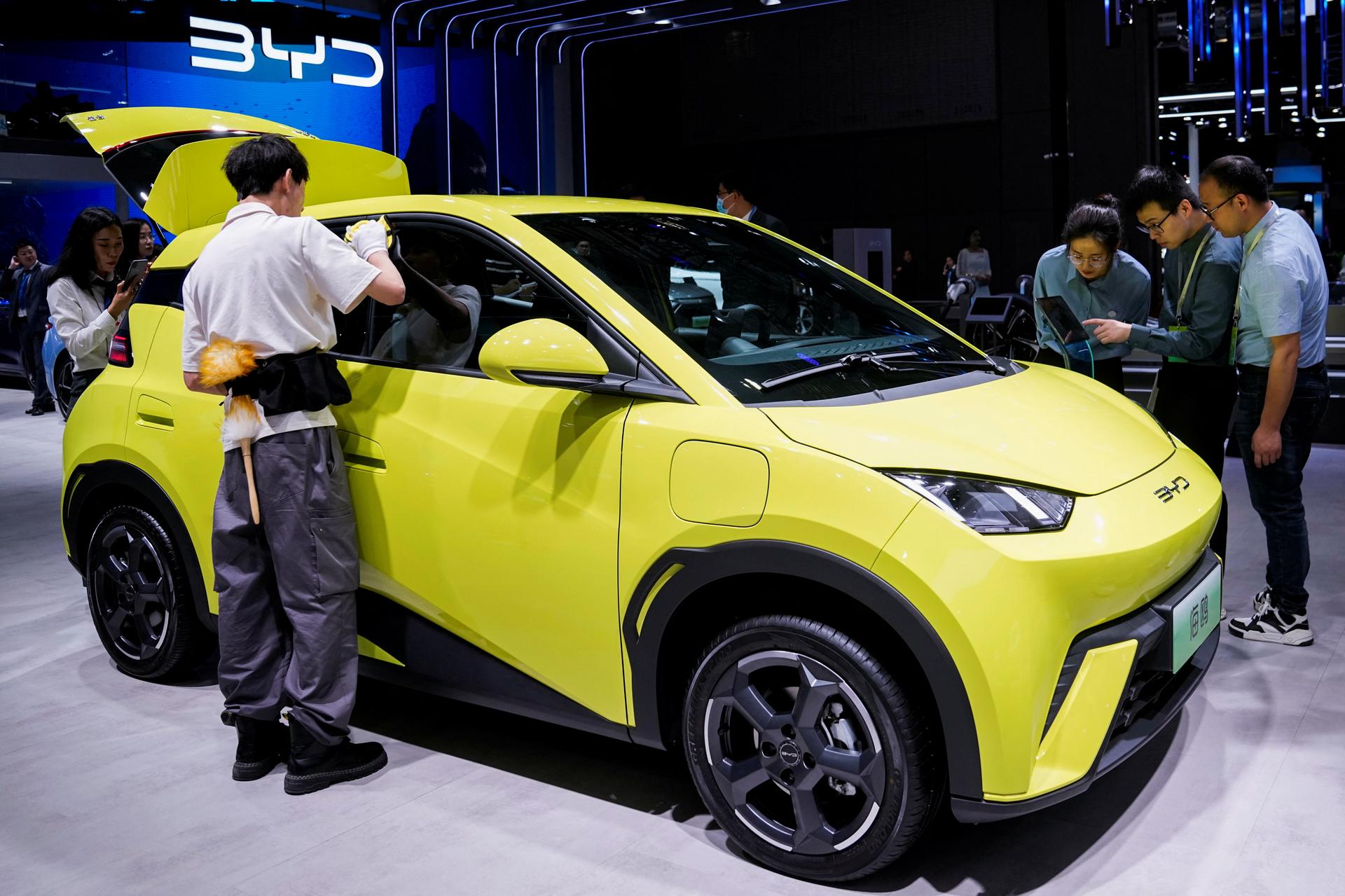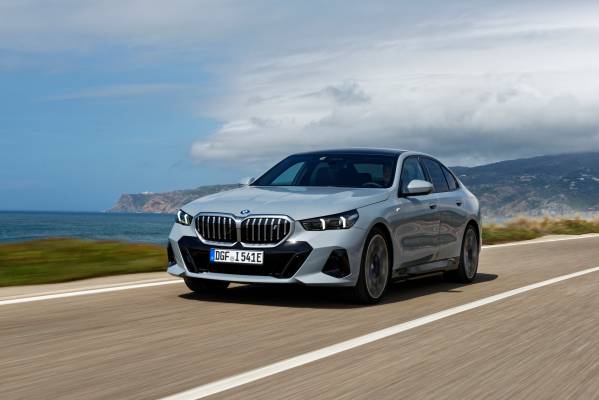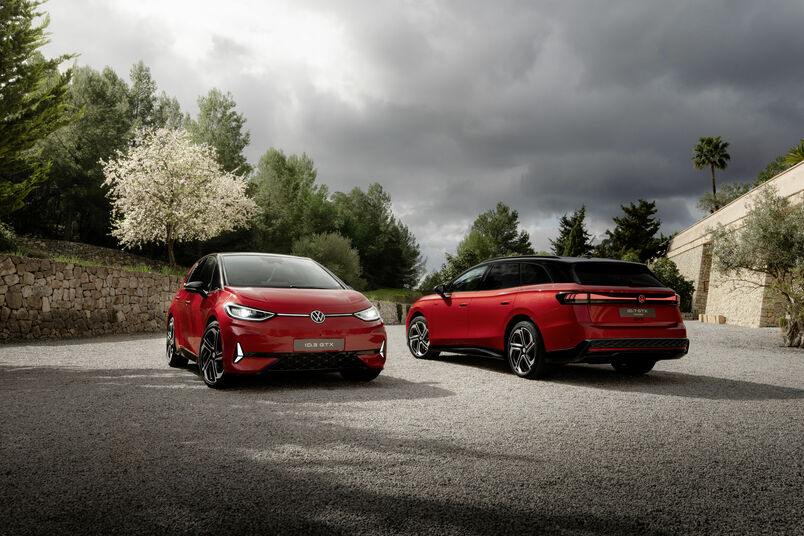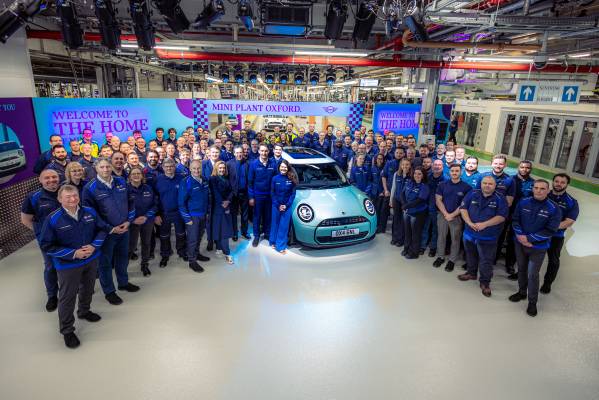
Mercedes Benz CEO Ola Kaellenius on Thursday formally put aside the company’s aspiration to stop selling combustion vehicles by 2030.
Kaellenius said Mercedes now expects sales of electrified vehicles, including hybrids, to account for about half of the global sales by 2030. That’s five years later than the forecast from 2021, when Mercedes projected it would hit the 50% milestone by 2025 with mostly all-electric cars.
In the reverse, Mercedes expects combustion vehicles will still be about half of sales by the end of this decade – how you score the combustion motors used in hybrids is up to you.
Instead of winding down investment in combustion engines, as Kaellenius predicted in 2021, Mercedes will invest to keep its “high-tech combustion portfolio” fresh – mainly to supply the range-extending combustion part of plug-in hybrid powertrains.
“The electrified high-tech combustion portfolio will play an equally important role,” in the coming years, Kaellenius told investors. “It’s the backbone of the cash flows” that will fund the new round of share buybacks and dividends that Mercedes promised on Thursday.
Kaellenius – like his counterparts at other established automakers – had always put a virtual asterisk next to statements about the timetable for going all-electric, stipulating that goal was dependent on EV demand and continued government subsidies.
Now, the asterisk has become the strategy – not just at Mercedes but at General Motors and Ford.
How did investors react to this pivot? They loved it. Mercedes shares jumped nearly 6%. Did we mention the share buybacks and a more shareholder-friendly dividend policy – funded by combustion profits?
The tech investor community that cheered “all in” EV strategies in 2021 has moved on to AI. As a colleague points out, Tesla shares are down 20% year-to-date. GM, Mercedes, Ford and Stellantis are up.
Remaining automotive shareholders are rewarding automakers for declaring they will be flexible about the timing of EV investments and will keep the internal combustion cash machines cranking until further notice.
“The ICE machine is up and working again … please proceed to the end of the hallway and fill your buckets!” Evercore ISI analyst Chris McNally wrote in a note after GM backed away from earlier EV sales targets and promised more cash returns to investors.
The Mercedes rethink amplifies the reality check shaking up the EV industry. Slowing sales momentum, stubbornly high battery costs and relentless price cutting by Chinese automakers have made for a hostile near-term environment for all EV manufacturers – even Tesla.
In the long-term, government climate policy and consumer demand could converge to make electric vehicles the dominant technology.
“The trillion-dollar question is how fast is this going to happen?” Kaellenius said. Neither Mercedes nor any other automaker has $1 trillion available to make a wrong bet. The oldest automaker in the world is worth just $79 billion.








